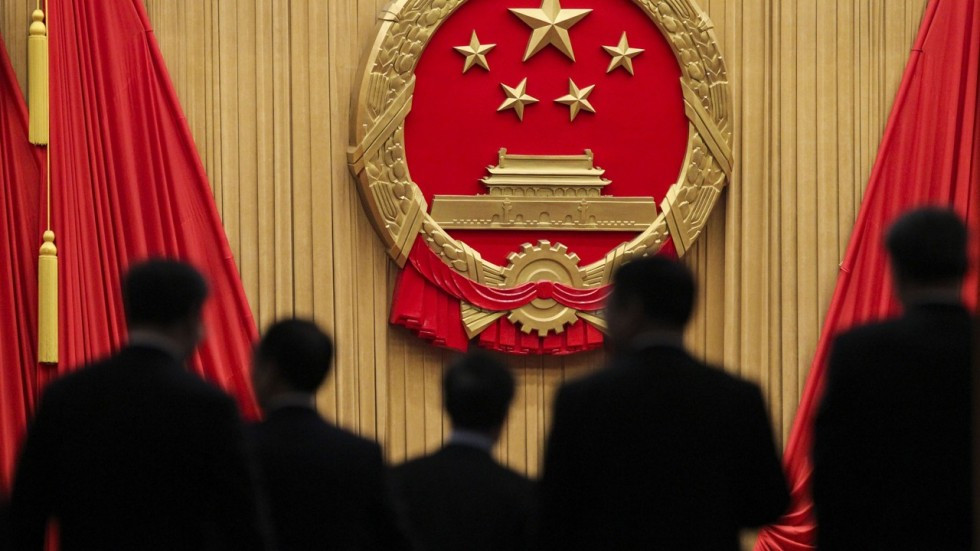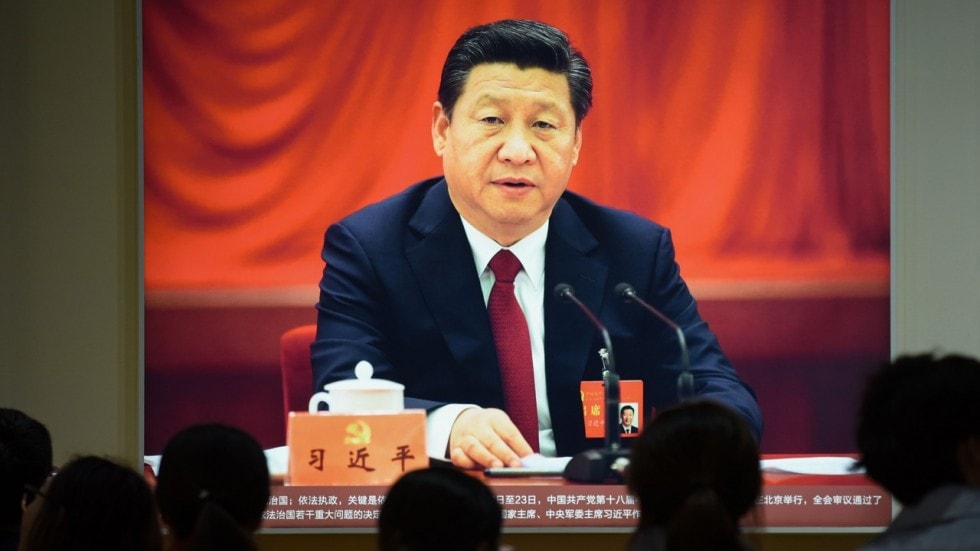China sets up anti-corruption super committee
(Baonghean.vn)- On March 11, at the first session of the 13th National People's Congress (NPC) of China, the National Assembly officially established a super anti-corruption agency.
Along with removing presidential term limits, China's National People's Congress added a provision to create the National Supervisory Commission, a top body that will outrank the Supreme Court and the top prosecutor's office. With the constitutional amendment, the head of the new body will be officially appointed by the National People's Congress on March 18.
 |
| Chinese National People's Congress delegates vote to approve constitutional amendments. Photo: AP |
It is expected that Zhao Leji, Director of the Central Commission for Discipline Inspection (CCDI), will be appointed as Director of the National Supervisory Commission, with a limit of two terms, each term of five years, and will simultaneously assume both roles in the new commission and the CCDI.
A new oversight law detailing how the super committee will operate will also be put to a vote on March 20, the final day of the current session of Congress. Congress is the sole body overseeing the new committee.
 |
| Chinese President Xi Jinping. Photo: AFP |
The creation of the commission is seen as a response to the controversy surrounding the current shuanggui (shuanggui) system, under which the Communist Party’s top anti-corruption agency, the CCDI, has the power to summon and detain without conviction any suspect who violates party rules and regulations. In addition, suspects are barred from seeing lawyers while they are detained under the system, which is based on party regulations rather than law.
CCDI Deputy Secretary Xiao Bei said the Communist Party is seeking to strengthen the legitimacy of its anti-corruption campaign through the establishment of the new commission.
While the CCDI has jurisdiction over party members alone, the new commission will have jurisdiction over the entire public sector. State media reported that the supervision law will apply to all public sector employees, including judges and lawyers.


